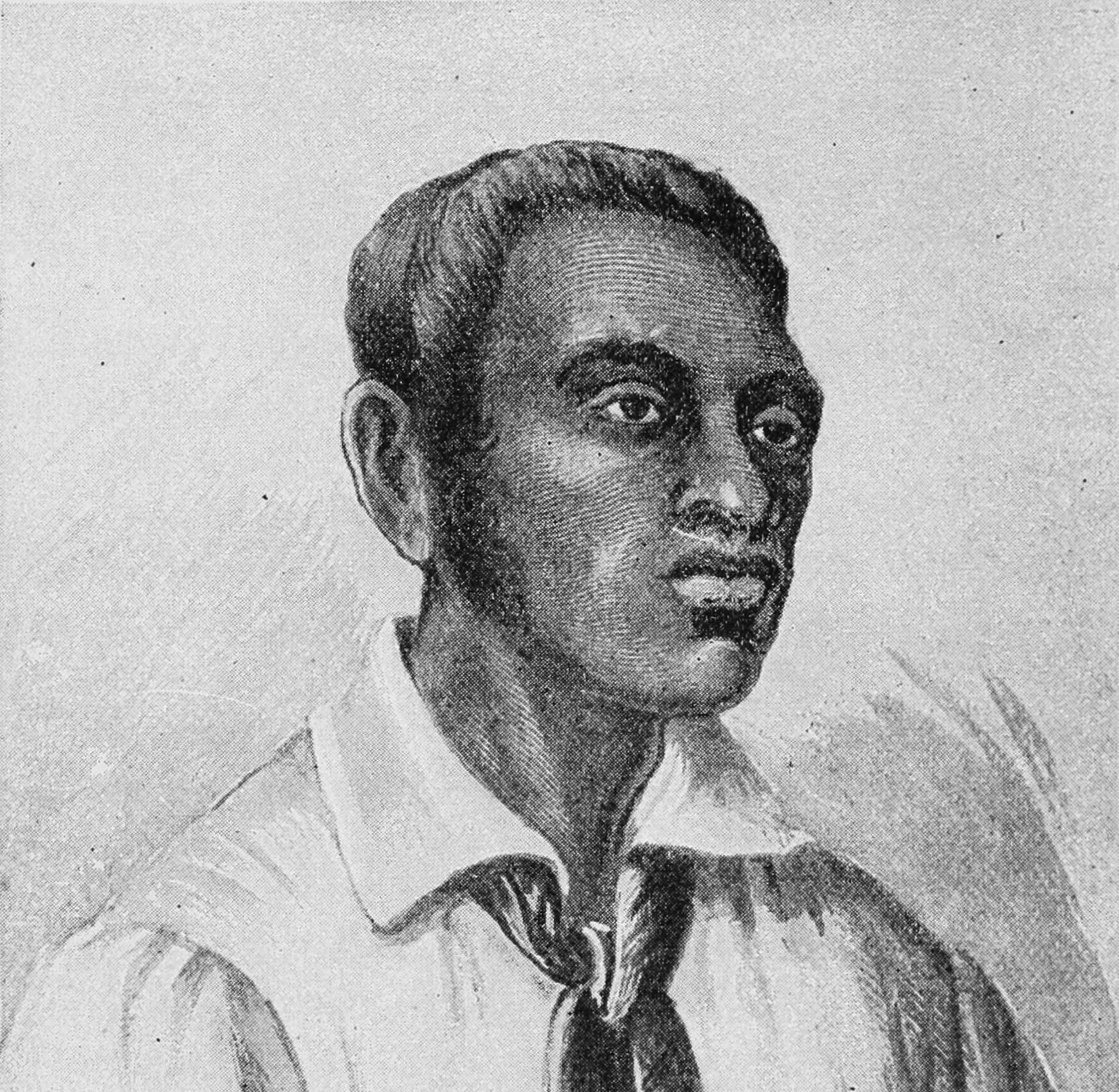A celebration of the arrival of the Gospel
Saturday 23 October 2021 | Written by Thomas Tarurongo Wynne | Published in Opinion

Papeiha (Papehia, Papeia, or Pepeia) who was dropped off on Aitutaki in October 1821, brought the Gospel to the people on the island. 21102230
As the arrival of John Williams and Papehia on Aitutaki in 1821 launches the 200 years celebrations of the Gospel arriving to the Cook Islands, is it a good time to look at the change that this Gospel brought not just to the spiritual lives of those who were confronted by its message but also the political, social and cultural upheaval it left in its wake and continues to do up until this day.
Reverend Williams’ decision to bring “Native” missionaries with him like Papehia and Tibero was so significant. He said: “So great are the advantages on the side of a native teacher at the commencement of a Mission over a European, one colour, almost one language, and a oneness of habit gives them these superior advantages.”
In Aitutaki, where Papehia had spent 22 months as a London Missionary Society (LMS) evangelist before coming to Rarotonga, the sickness of a chief’s daughter had also sparked the initial destruction of Marae prior to his arrival. Setting fire to the wooden god-houses built within walled or fenced marae enclosures was not new to Aitutaki or Rarotonga – it had been common during periods of warfare as each side attempted to destroy the source of the other’s mana. Interestingly all carved wooden images that escaped the flames were given over to Williams which he then took back to England and had them sold to contribute to their mission work.
Normally, god-houses destroyed by fire were rebuilt. This time, however, they were replaced by colossal white churches instead with the largest built in Rarotonga. Two LMS emissaries who witnessed the construction of a church in June 1824, reported that it was intended to be 600 feet long and to house 3000 people.
These were structures that our people were familiar with from their pre missionary days and understood as places of worship, and where “priests” would conduct the necessary rituals. The same duty and privilege given to our old Ta’unga would be replaced by these new priests of this new God and gospel and our society would shift culturally to the values, manners and behaviours of their 18th century missionaries. Cultural values, manners and behaviours that Britain would in time leave or adapt but for the Cook Islands they have much remained the same.
The influence of the LMS was widespread and reached into every aspect of the lives of our people that tattoo, dancing music and other important aspects of Cook Islands culture were frowned upon as heathen and then outlawed by the draconian Blue Laws, introduced by the LMS missionaries. Where the gospel could not penetrate a man’s heart, the use of the Blue Laws was sought to control and penalise from the outside what the message and the Church could not.
Today we have every iteration of Christianity alongside our LMS traditions where Cook Islanders are literally spoilt for choice, be it Catholic, Jehovah’s Witness, Apostolic, Latter Day Saints, Seventh Day Adventists, or the more lively “Happy Clappy” American style of service. Nonetheless the Gospel arriving in the Cook Islands ended centuries of warfare and bloodshed, elevated Ariki, disrupted social and political systems, diminished our prior gods and practises, introduced an 18th century morality and world view and sadly turned thousands of years of knowledge, history and voyaging expertise into “etene” or heathenism.
The Blue Laws introduced by the missionaries encoded for us as Cook Islanders the unfortunate practice of outward morality or looking good, like the white tombs Jesus spoke of, and held above a deep heartfelt inner spiritual change, and becoming instead like the dead bones, Jesus said lived inside these white tombs.
A celebration of the arrival of the Gospel 200 years ago, though some focus will be on its messengers, could be a story that draws on the intimate and inner change that four walls in a Church building cannot bring, that a Priest or a Pastor cannot cajole at an altar, but can be found at the feet of Him who died for humanity just as we are, and promised He would never leave us or forsake us as we are. He died and rose again so that He could be our High Priest, and so we could follow Him, tearing the temple curtain in two so we could see Him – and then see ourselves in that same moment. That sounds like good news to me and why I guess it’s called the Gospel – now that is something to celebrate be it its arrival 200 years ago or the arrival in a person’s heart today.














































